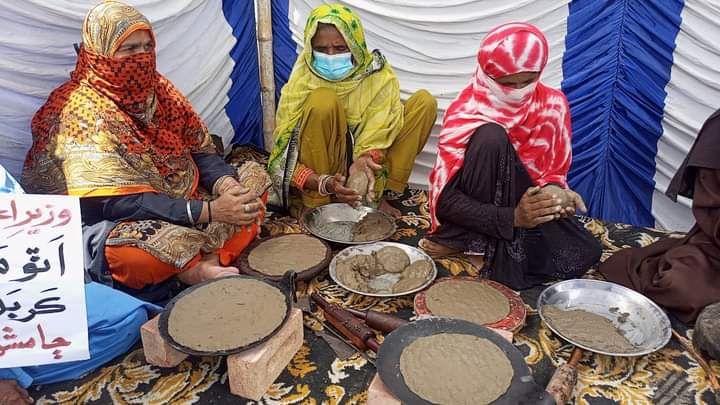
The province has long been ensnared in a web of socio-economic crises, with its populace facing impoverished conditions that have only worsened over time
Dr. Muhammad Shahban Sahito
In the sprawling landscape of Pakistani politics, Sindh province has been grappling with a complex array of issues that seem to have been drowned out in the cacophony of the national discourse. While media outlets are brimming with news and debates on politics, Sindh’s predicaments often find themselves relegated to the background. The province has long been ensnared in a web of socio-economic crises, with its populace facing impoverished conditions that have only worsened over time.
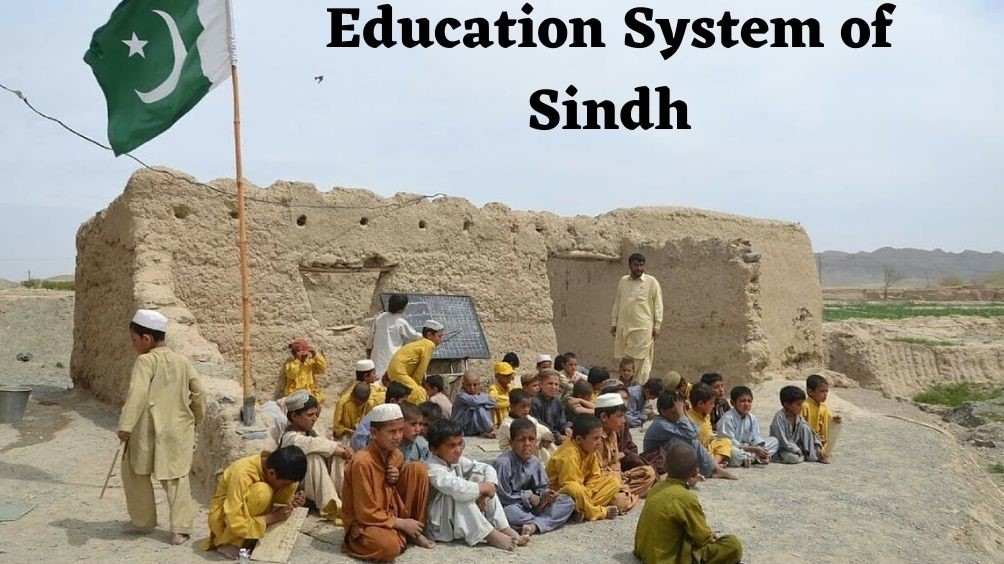 It often feels as though the province is being ruled like a colony rather than an integral part of the nation
It often feels as though the province is being ruled like a colony rather than an integral part of the nation
A notable feature of Sindh’s political landscape is the unchallenged dominance of the Pakistan People’s Party (PPP) for a staggering half-century. However, this extended tenure in power has done little to address the fundamental social problems that have burdened the province. The common people of Sindh continue to endure the heavy weight of poverty, with livelihoods lost and a haunting sense of displacement forcing many to abandon the homes they have known for generations. The social and economic fabric of the province is unraveling at an alarming pace, driven by instability in economic resources that has led to an increase in populations resorting to a nomadic lifestyle, with children often reduced to begging.
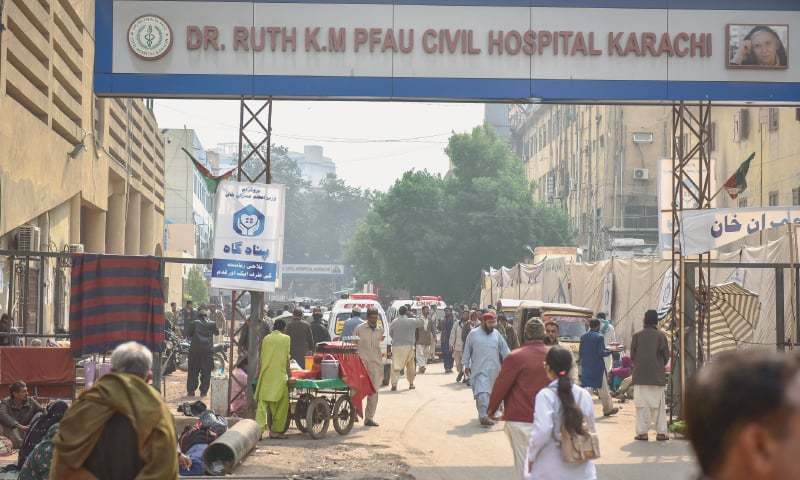 At times, the very notion of Sindh’s integration within the Pakistani state is challenged by the province’s predicament. It often feels as though the province is being ruled like a colony rather than an integral part of the nation. Central government manipulation of politics and bureaucracy exacerbates this sense of detachment. Despite the PPP’s fifty-year reign, the province continues to grapple with issues related to governance, lawlessness, corruption, and law and order. Regrettably, Sindh has earned the dubious distinction of being one of the most corrupt regions in the country, with the institutions meant for accountability having crumbled under the weight of ineffective governance. The ordinary citizens of Sindh find themselves at the mercy of an incompetent bureaucracy under the PPP-led government of Asif Ali Zardari.
At times, the very notion of Sindh’s integration within the Pakistani state is challenged by the province’s predicament. It often feels as though the province is being ruled like a colony rather than an integral part of the nation. Central government manipulation of politics and bureaucracy exacerbates this sense of detachment. Despite the PPP’s fifty-year reign, the province continues to grapple with issues related to governance, lawlessness, corruption, and law and order. Regrettably, Sindh has earned the dubious distinction of being one of the most corrupt regions in the country, with the institutions meant for accountability having crumbled under the weight of ineffective governance. The ordinary citizens of Sindh find themselves at the mercy of an incompetent bureaucracy under the PPP-led government of Asif Ali Zardari.
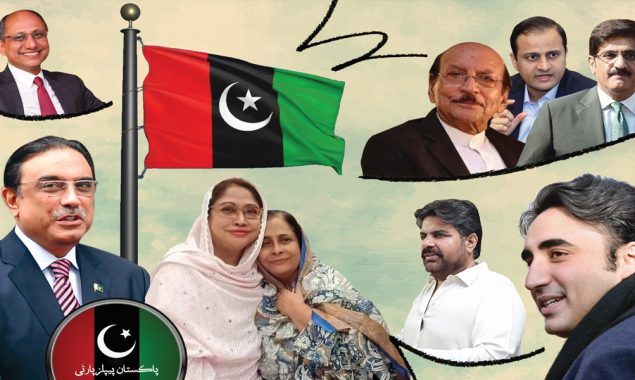 A notable feature of Sindh’s political landscape is the unchallenged dominance of the Pakistan People’s Party for a staggering half-century. However, this extended tenure in power has done little to address the fundamental social problems that have burdened the province
A notable feature of Sindh’s political landscape is the unchallenged dominance of the Pakistan People’s Party for a staggering half-century. However, this extended tenure in power has done little to address the fundamental social problems that have burdened the province
The people of Sindh had hoped for substantial reforms in critical sectors such as education, health, administration, and bureaucracy. However, the three consecutive terms of PPP governance failed to deliver any meaningful changes in these areas. The introduction of social programs in education, healthcare, irrigation, and poverty alleviation yielded minimal results, leaving poverty levels to rise and millions of children excluded from educational opportunities. The education sector’s inadequacies are underscored by improper teacher recruitment and insufficient training for those appointed, resulting in a compromised learning experience for students.
While the PPP government boasts of revolutionizing healthcare in the
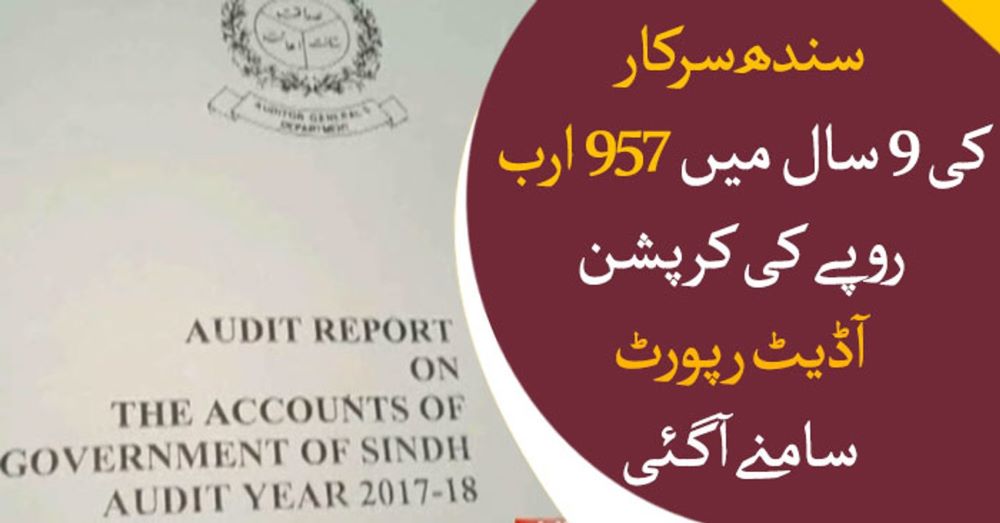
province, rampant corruption continues to plague the sector. The influence of political appointments taints the administration and management of healthcare, hindering the sector’s performance and reform. Despite substantial foreign aid, the impact on the ground remains minimal. Health issues and diseases continue to thrive in many areas of the province, with malnutrition, smallpox, and measles claiming the lives of thousands of children annually. The healthcare system remains woefully unequipped to handle emergencies.
While the PPP government boasts of revolutionizing healthcare in the province, rampant corruption continues to plague the sector
Sindh’s social fabric is being torn asunder by rampant lawlessness and a deeply polarized society stemming from poor governance. The province has grappled with high crime rates for decades, wreaking havoc on societal security. The pervasive sense of insecurity has triggered an exodus from rural areas to urban centers. However, the urban landscape presents its own challenges, as different forms of dominance and control, ranging from tribal to feudal dynamics, to mafias, cast a shadow over daily life. These powerful entities control businesses, engage in corruption, and contribute to an environment of lawlessness, often with tacit support from the government.
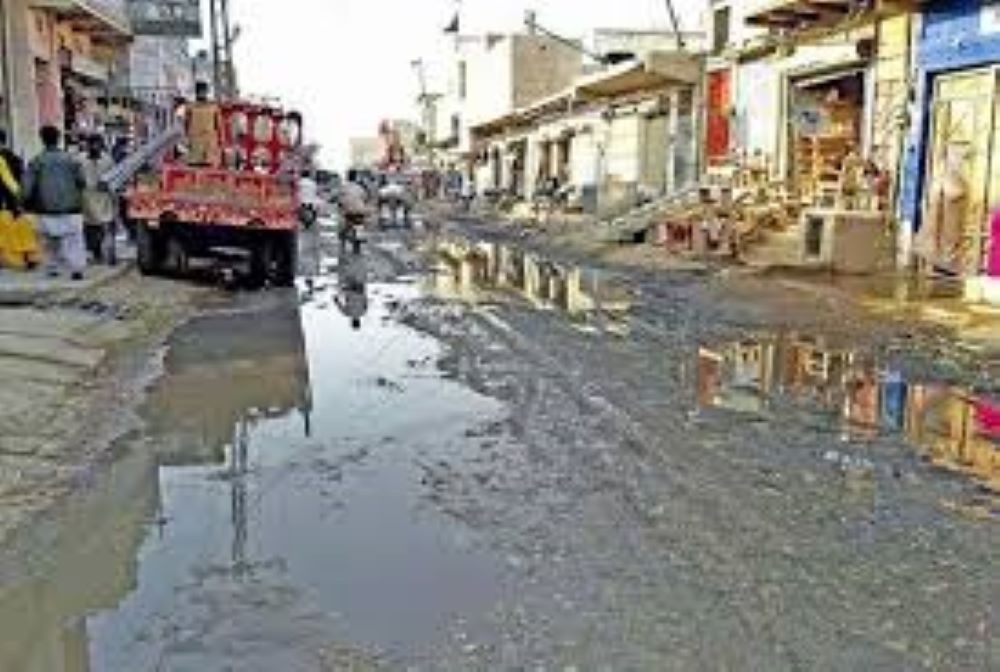
Over the past fifteen years, the PPP government’s performance has arguably been more damaging than the era of General Zia. Despite public discontent and widespread suffering, the party, under Zardari’s leadership, maintains an unyielding grip on power. Recent local body elections witnessed the PPP securing resounding victories across the province, raising concerns about the state of democracy. The absence of a robust opposition further cements the PPP’s dominance, with the party expected to clinch victory in the forthcoming 2023 elections. This scenario raises questions about the true nature of democratic representation within the province.
Over the past fifteen years, the PPP government’s performance has arguably been more damaging than the era of General Zia
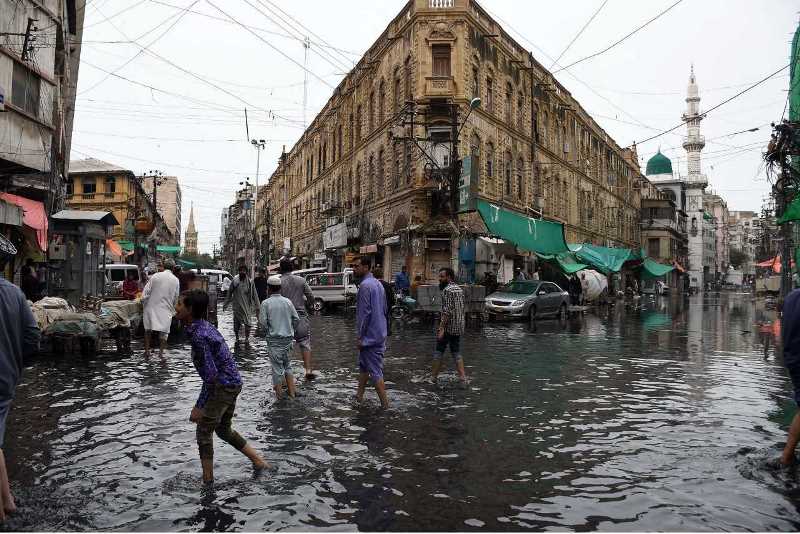
The prevailing perception is that Sindh’s fate has been effectively leased out to Zardari’s leadership. The lack of a potent opposition capable of challenging the PPP’s stronghold further cements this narrative. In Karachi, for instance, the election results saw the Jamaat-e-Islami emerge as the second-largest party. However, last-minute changes in the mayor’s election saw the PPP successfully installing its candidate, Murtaza Wahab. Such political maneuvers only solidify the notion that the PPP serves as an instrument of the federal government to advance its projects.
Also read: LOCAL GOVERNMENTS WITHOUT GOVERNANCE IN SINDH
Examining the PPP’s performance over the past fifteen years, a disconcerting pattern emerges. Thousands of acres of land in Sindh have been leased out by the party, while control over the province’s islands and natural resources has been compromised. Taxes earmarked for the province have been allocated to the federal government, casting doubt on the PPP’s claims of championing the 18th amendment.
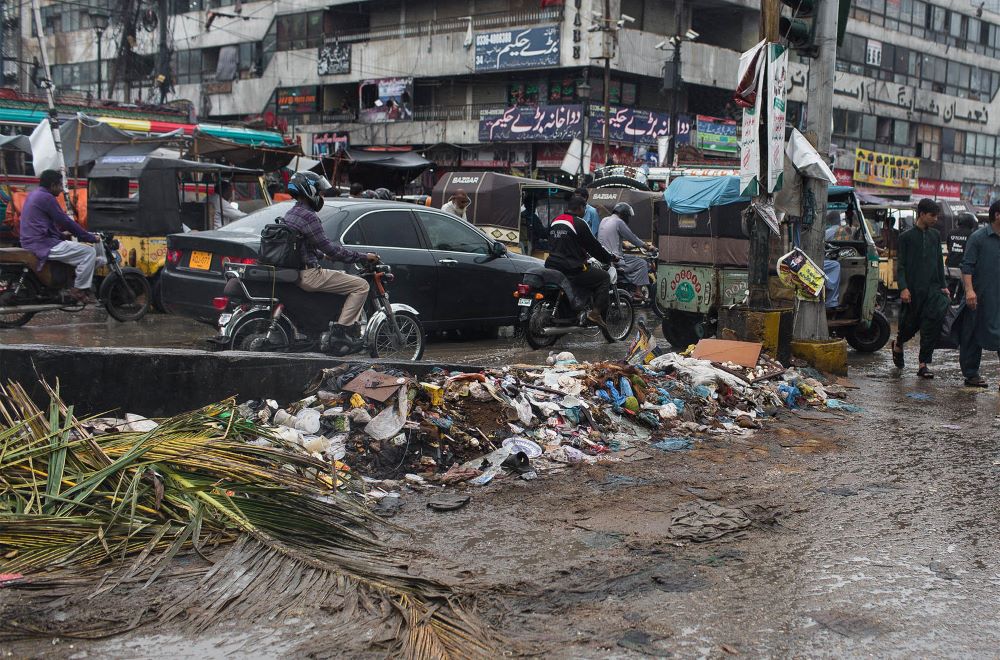
Can Sindh shake off the impression that it’s treated as a colony within Pakistan, and move towards a future where the needs and aspirations of its people are genuinely addressed?
In light of this grim reality, the people of Sindh find themselves caught in a seemingly unending cycle of suffering, exacerbated by PPP’s compromise with powerful federal institutions. This alliance serves to keep the PPP in power, while opposition politics and civil society struggles to gain a foothold, leaving governance and progress stagnant. As the province and its citizens yearn for security and a sense of belonging, the question remains: Can Sindh shake off the impression that it’s treated as a colony within Pakistan, and move towards a future where the needs and aspirations of its people are genuinely addressed?
Also read: PROVINCIAL ADMINISTRATIVE CRISIS IN SINDH: CASE STUDY OF GENERAL PERVEZ MUSHARRAF ERA
______________
Dr. Muhammad Shahban Sahito is Assistant Professor at Department of International Relations, University of Sindh, Jamshoro. Email address: shahban.sahito@usindh.edu.pk